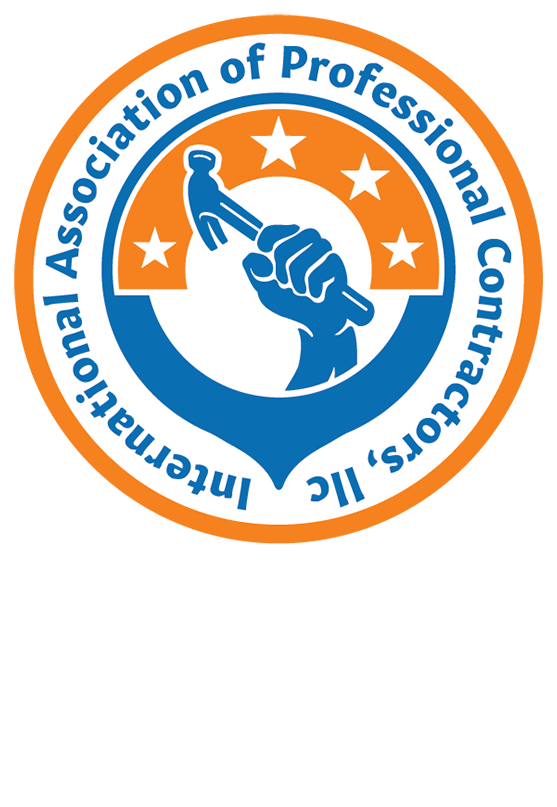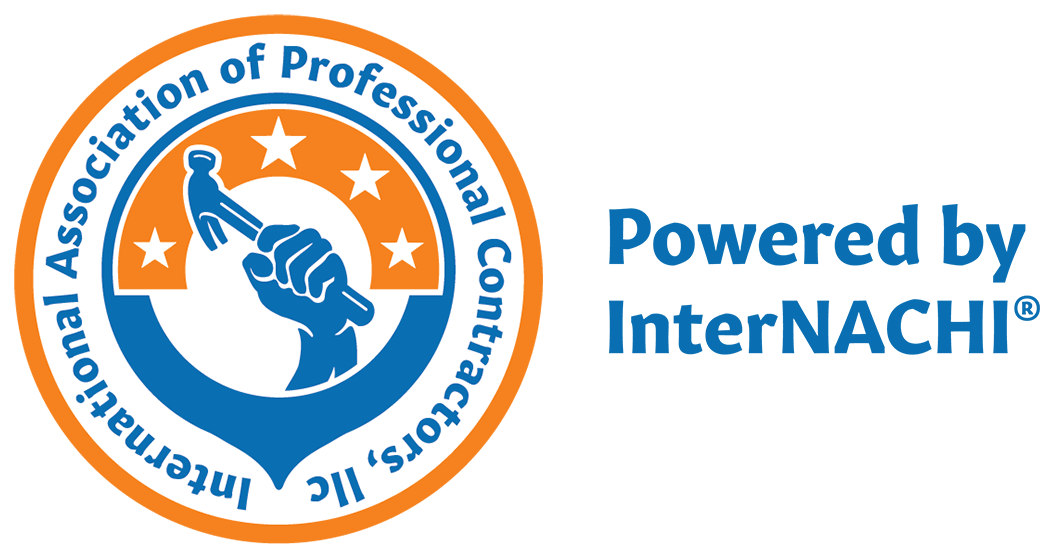Your brand—which includes your business name, logo, and other identifying features—should be well-guarded. It’s unique. It’s an extension of your physical business and services. And it’s likely to be the first and perhaps only advertising about you that your prospective clients will see. The Internet presents almost overwhelming challenges to policing one’s commercial identity both online and off, so part of your regular marketing duties must include monitoring your brand and reputation. Litigation after the fact may be necessary in the long run, but it’s costly and time-intensive, and the violations worth suing over are largely preventable, if you keep tabs on yourself.
Website Domain Defense
Anything that can be sold or monetized online can be unfairly—and often illegally—exploited. Just because you have a registered business name and are willing to pay an annual fee to a site-hosting vendor doesn’t mean that you’re legally entitled to use that name. Someone else may have claimed your unique name—and even variations of its proper spelling. A simple search of your business name may reveal that a site for it already exists. What’s more, it’s likely that it’s a site that has no other reason for taking up cyberspace than because the registered owner is waiting for you to contact him to offer to buy the domain name, which is really genuinely valuable only to you. However, the only way for you to legally use the site name is to purchase it from the registered owner—typically, for an exorbitant fee. This is known as domain-squatting or cybersquatting. It’s technically defined as bad-faith registration because the registered owner purchases domain names for the express purpose of selling them at a profit to those who have a legitimate professional or commercial interest in them.
Laws prohibiting this practice went on the books as early as 1999 with the enactment of the Anti-Cybersquatting Consumer Protection Act. But because it can’t be enforced on a global scale (as well as arguments of First Amendment protections of free speech), its legal effectiveness is limited. However, the Federal Trademark Dilution Act of 1995 protects against trademark violations and those whose intent is to profit by registering or using an identical or confusingly similar name.
A variation of cybersquatting is typosquatting. Bad-faith registrants anticipate that users who look online for website names often get the names wrong, so they buy up domain names with similar but slightly altered spellings to account for users looking for the proper domain name but who then misspell or mistype the name in their browser bar or into a search engine.
TIP: Read this article on Search-Engine Optimization for Contractors.
Still another notorious practice of unscrupulous cyber trolls is known as renewal-snatching or alert-angling. Most domain owners must re-file and pay for their site registration annually. Trolls and cybersquatters may use software tools that automatically register a popular site’s domain name the moment the registration expires. A lapsed registration is fair game, regardless that you may have paid for it and legally owned it for the past five or ten years. This can be devastating to your online brand and your ability to conduct your daily business.
Nailing Down Your Website Name
If you have yet to create your website, do an online search for a business name that’s as close as possible to your actual business name. Purchase all the registrations for your domain name, including all the variations you can think of so that they will re-direct searchers to your site, and don’t forget those ending in “.net” and “.biz.” You can do a generic search or use a registration vendor site, such as GoDaddy.com, which sifts through the various searches for you. The searches are typically free; it’s the registrations that will cost you. Also, ask family and friends to test for natural typos for your business name so that you can buy those, too, before the typosquatters get to them. This may seem like a large and unnecessary investment, but the downside is that you can lose control of your brand, which can create endless hassles not only for you, but for those trying to find you online. It’s much better to pay an annual fee and be assured that you will remain the registered owner than to worry about legal delays and possible litigation later. This will rob you of valuable time you need for work. Website management and all its tangential considerations shouldn’t be a full-time job.
If someone else has registered your most desirable website name (and/or its variations), find out who the registered owner is. If this information isn’t provided on the website itself, there are websites that specialize in helping you search, such as DomainTools.com (which charges a fee), or the “whois” query-and-response protocol. When you find out who the registered owner is, it’s best to contact him using a non-business email account. Writing from an email account that reflects a variation of the online business name that you’re interested in purchasing will tip your hand and demonstrate that the domain you want to buy is valuable to you, which may automatically inflate the price. Since it’s difficult to predict how much you’ll need to spend, it’s best to keep your opening gambit low. When you’ve made successful contact, ask whether the name is for sale, rather than immediately extend an offer to purchase it. Again, you want to keep the transaction as low-key as possible. The purchase price can be anywhere from a few hundred dollars to a few thousand; you will have to decide what it’s worth to you. (Remember that you’ll have to pay this fee only once; re-registering it every year is similar to registering your vehicle annually, and you’ll be dealing with the site’s registrar.) The downside for the domain owner is that if he gouges you on the price and you tell him you don’t want to purchase it, he may realize that he won’t get the opportunity again to sell it, which is the only reason he purchased it in the first place. It can be an unpleasant negotiation, but remember that it’s still a negotiation, so try not to get emotional.
If you’re determined to acquire the name but you can’t do so at an affordable or fair price, it may be time to call in the big guns. Disputes with bad-faith registrants over domain names can be resolved using the Uniform Domain Name Resolution Policy process developed by the Internet Corporation for Assigned Names and Numbers (ICANN).
When you have acquired the right to purchase your domain name (and all its variants), purchase the longest registration period available, and make sure you know the date your registration expires so that you don’t accidentally allow it to lapse.
TIP: Read this article on Websites for Contractors.
Join our discussion on how contractors can defend their websites.
Contact us if you want a website that sells.
ContractorsAssociation.org

